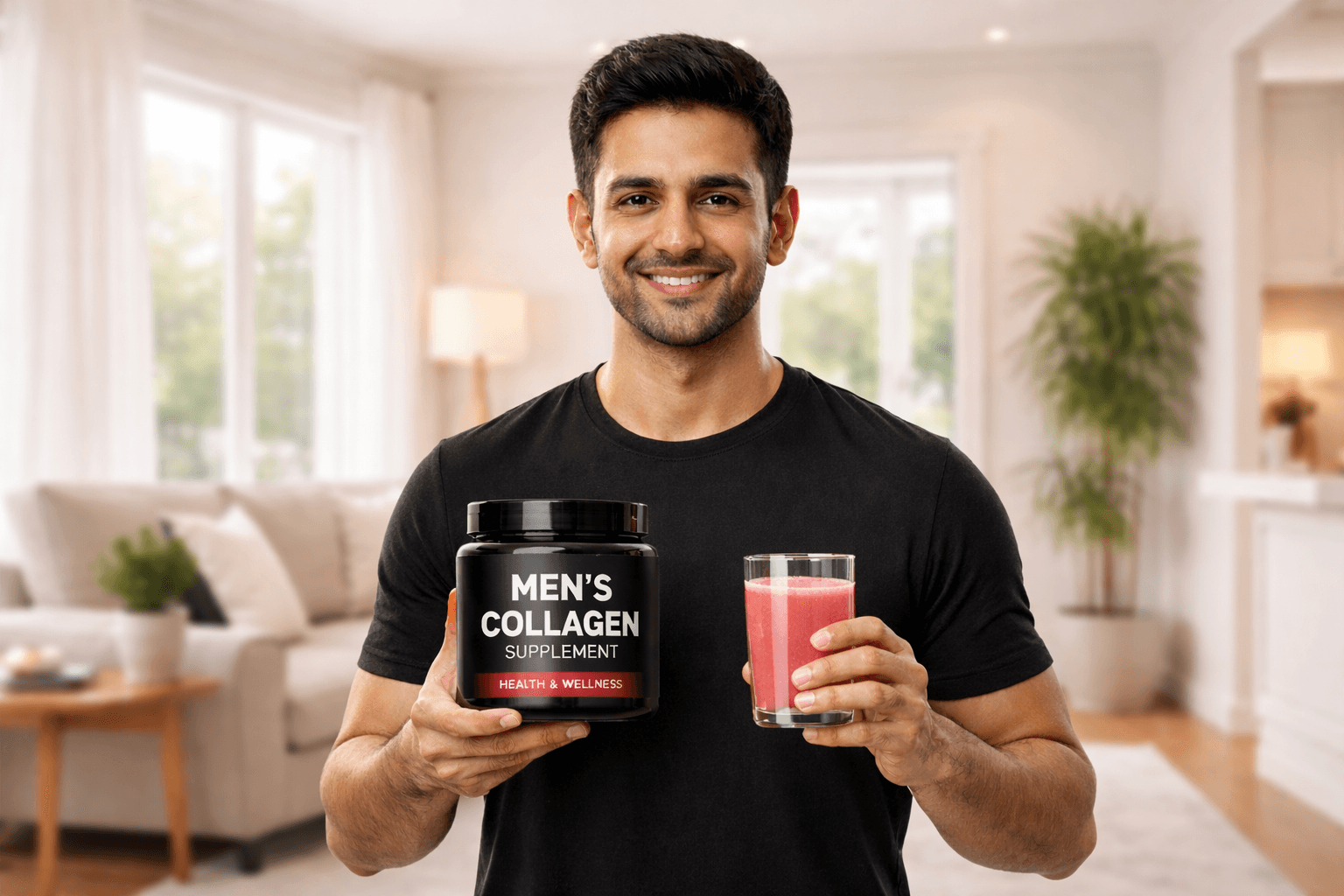Understanding Glucose Monitoring Preferences at Home: A Patient-Centric Research Study
New product development
May 2025
Client
A leading healthcare solutions provider aiming to enhance their patient engagement strategies and new product development in the at-home diabetes management segment.
Objective
With diabetes management becoming increasingly home-centered, the client sought to decode how patients and healthcare professionals - particularly diabetologists - are using glucose monitoring tools. The study had four key objectives:
Understand Current Practices
Identify how frequently patients monitor their glucose levels, what devices they use, and the common challenges they face during at-home monitoring.Capture User Experience
Explore qualitative insights around user satisfaction, convenience, and usability across different glucose monitoring systems.Evaluate Device Preferences
Analyze patient and doctor preferences between Blood Glucose Monitors (BGM) and Continuous Glucose Monitors (CGM) to assess feature expectations, pricing barriers, and trust indicators.Inform Product Positioning & Innovation
Help the client understand emerging needs to tailor future offerings, improve adoption, and shape their go-to-market messaging.
Methodology
Research Approach:
A semi-structured mixed-method study combining:
Quantitative Surveys for frequency, device adoption, and satisfaction ratings
Qualitative In-Depth Interviews for understanding motivations, behaviors, and pain points
Secondary Desk Research to support context and benchmarking with existing literature
Target Respondents:
Patients with Type 1 and Type 2 diabetes managing their condition at home
Diabetologists with extensive experience in recommending and evaluating glucose monitoring solutions
Sample Size:
Not disclosed due to client confidentiality but included a balanced mix of device users across demographics.
Key Findings
1. Current Practices and Monitoring Behaviors
Frequency of Testing: Patients using BGM tested glucose levels 1–2 times daily, while CGM users had passive 24/7 monitoring with app-based alerts.
Device Types: BGM users favored portable, low-cost devices, whereas CGM users appreciated Bluetooth-enabled wearables with cloud data integration.
Usage Gaps: Manual logging in BGM resulted in inconsistencies, while CGM users often faced tech-related issues such as device calibration and battery concerns.
2. User Perceptions and Comparative Opinions
BGM Perceptions:
Cost-effective and simple to use
Seen as sufficient for stable diabetes cases
Manual operation and finger-pricking cited as major drawbacks
CGM Perceptions:
Preferred by tech-savvy and younger patients
Higher cost, but lauded for automation, accuracy, and data-driven insights
Doctors appreciated CGM for clinical accuracy and ease of tracking patient history over time
3. Comparative Preferences: Patients vs Diabetologists
Feature | BGM Preference | CGM Preference |
Affordability | ✅ High | ❌ Low |
Convenience | ❌ Moderate | ✅ High |
Data Integration | ❌ Minimal | ✅ Strong |
User Comfort | ❌ Low (prick) | ✅ High |
Clinical Preference (Doctors) | ❌ Moderate | ✅ Strong |
Patients with budget constraints or less tech-exposure leaned toward BGM
Doctors advocated CGM for accuracy and long-term tracking
Younger patients and caregivers preferred CGM for proactive care
Business Implications
1. Product Development Opportunities
Hybrid Devices: Bridge the gap between affordability and automation by introducing budget CGMs or advanced BGMs with digital tracking
Pain Point Focus: Develop lancet-free or painless BGM options; increase battery efficiency in CGMs
Personalization: Offer custom alerts, multilingual app integration, and caregiver dashboards for remote tracking
2. Marketing & Messaging Strategy
Segmented Messaging: Highlight BGM for cost-conscious users and CGM for proactive health enthusiasts
Educate through Experts: Use diabetologist endorsements to enhance CGM credibility
Use Case Campaigns: Showcase real-life patient journeys for both devices to boost relatability
3. Channel and Distribution Insights
Promote CGM kits in urban Tier 1 markets with high smartphone penetration
Ensure BGM availability in rural and semi-urban regions with offline retail push
Collaborate with clinics for product sampling and onboarding support
Conclusion
This research provided the client with a 360-degree view of glucose monitoring preferences, highlighting the distinct value propositions of BGM and CGM devices. With a growing shift toward proactive and digital-first healthcare, especially post-pandemic, the study helps the brand align its product roadmap and communication strategy with real-world usage patterns.
By leveraging these insights, the client is better equipped to:
Optimize their device portfolio
Educate the market via targeted campaigns
Increase patient satisfaction and stickiness
Looking to transform patient insights into meaningful action? Contact us at Market Xcel to help you bridge the gap between product innovation and user expectations.
KEEP READING



